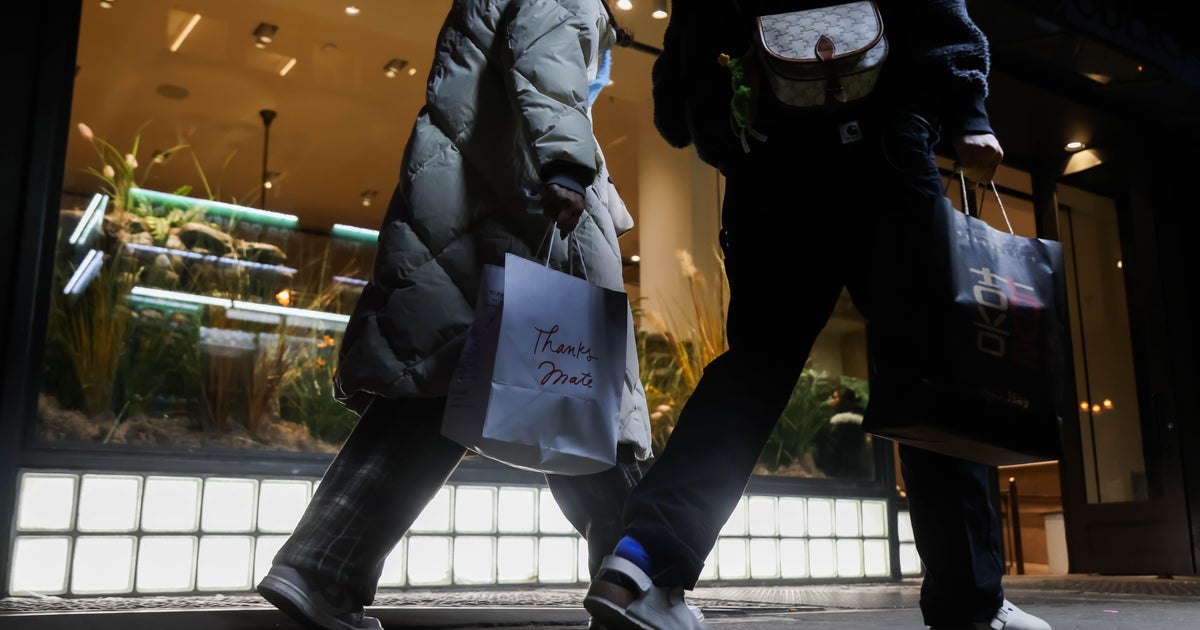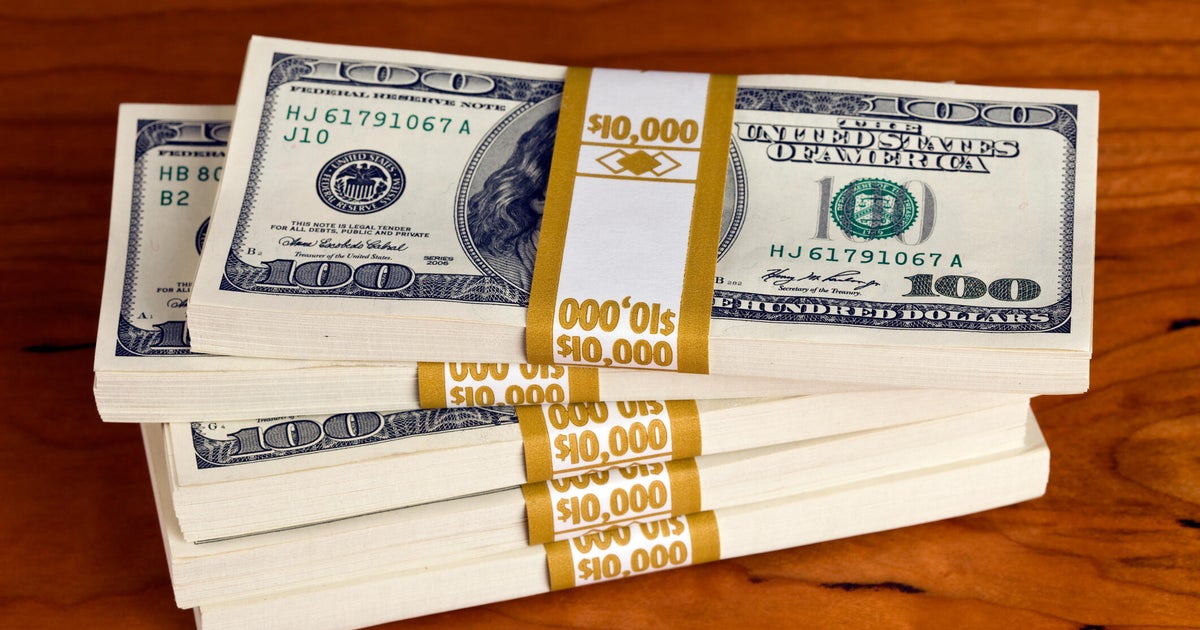Inflation cooled further in November, with prices rising 7.1%
Inflation slowed sharply in November, the government reported Tuesday, continuing a gradual decline since price hikes peaked across the U.S. this summer.
The Consumer Price Index rose 7.1% over the last 12 months, the Labor Department said, lower than the 7.3% increase economists had expected and the slowest rate of inflation since December of 2021. Falling prices for energy, commodities and used cars offset increases in food and shelter.
Core inflation, which tracks average price increases except for volatile food and energy costs, rose 6%, slowing its previous rate of growth.
"Overall, prices are moving in the right direction although annual rates of change remain elevated, well above the 2% target," Rubeela Farooqi, chief U.S. economist of High Frequency Economics, said in a report.
Supply chains untangle
Gas prices have dropped from their mid-summer highs and are lower than they were a year ago. Many supply chains have unsnarled, helping lower the costs of imported goods and parts. Prices for lumber, copper, wheat and other commodities have also fallen, pushing down costs of construction and food.
"The strong disinflationary goods trend reflects an easing of supply chains, a shift in consumer purchases towards more services, and a weakening in global economic activity," Kathy Bostjancic, chief economist at Nationwide, said in an email.
"The Fed will take some comfort in the sharper than expected deceleration in consumer inflation, however, the rate remains still too high and services inflation sticky," she noted.
Stock markets soared on Tuesday's report, taking the improved inflation numbers as a sign that the Federal Reserve will ease up its regime of rising interest rates. The central bank has responded to this year's price increases by aggressively increasing interest rates to slow down the economy. It aims to keep inflation near a target level of 2% annually — a goal economists say could take several years to reach.
The Fed's rate-setting committee is holding its last meeting of the year this week and is widely expected to announce an interest-rate hike of half a percentage point on Wednesday.
Fed Chair Jerome Powell has said he is tracking price trends in three different categories to assess the likely path of inflation: Goods, excluding volatile food and energy costs; housing, which includes rents and the cost of homeownership; and services such as auto insurance, pet services and education.
In a speech two weeks ago in Washington, Powell noted that there has been some progress in curbing inflation in goods and housing but not in most services.
The Associated Press contributed reporting.



